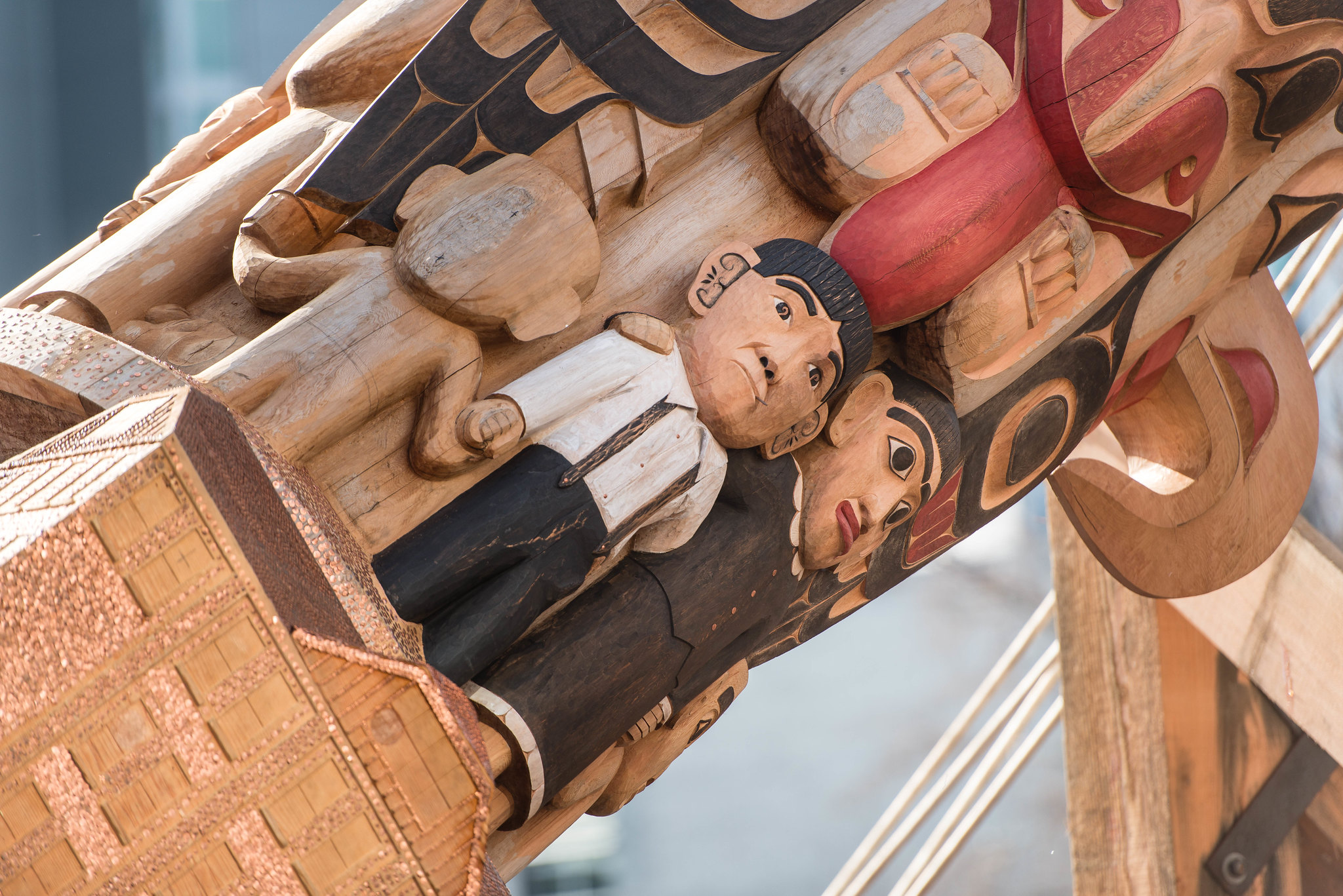53RD MARION WOODWARD LECTURE
Transforming the rhetoric, racism, and realities for Indigenous peoples: Disrupting nurses’ thinking and practice
The UBC School of Nursing virtually hosted Professor Denise Wilson on November 4, 2021, as the keynote speaker for the 53rd annual Marion Woodward Lecture. Dr. Wilson is a professor in Māori Health, Associate Dean of Māori Advancement in the Faculty of Health and Environmental Sciences, and Co Director of Auckland University of Technology’s Taupua Waiora Māori Research Centre. She is also a New Zealand registered nurse with intensive care, coronary care, acute medicine, and community nursing experience.
Her presentation discussed the inequities in nursing with a focus on the implicit biases, discrimination, exclusion, microaggressions and the burden of representation experienced by Indigenous people working in and accessing healthcare.
Māori nurses benefit the community in multiple ways, but they regularly encounter racism and inequities in their practice. Dr. Wilson spoke about the “double cultural shift” that Māori nurses have to bear—they are not only expected to fulfil their role as nurses but are also expected to take on the additional task of sharing cultural expertise. This is further exacerbated because while 16.5% of New Zealand’s population are Indigenous, only 6-7.5% of the registered nursing workforce are Indigenous.
Dr. Wilson elaborated on the vicious cycle of how discrimination and racism leads to health inequities. The gaps between creating policies and actually implementing them in nursing practice must be closed.
Improving Indigenous nurses’ experience is about improving cultural safety and the quality of care that is delivered to Indigenous people. Therefore, it involves transforming nursing practice on two levels: for the people who receive nursing care and for the people who deliver it.
Dr. Wilson shared a cyclical theory of change, based on Māori creation stories, to transform thinking and doing. It involves Te Ao Marama, thinking differently to create safe practices of people; Te Kore, creating the right conditions for change to transform the future; and Te Po, transforming conversations about knowledge and practice.
Dr. Wilson calls for a nursing practice with humility, “Kāore te kūmara e whāki ana I tana reka, or the kumara (sweet potato) does not say how sweet it is.”
Ultimately, it is through recognizing the need for culturally acceptable practice and equity and trauma-informed practice that we will begin to ameliorate the health disparities that continue to exist for Indigenous peoples around the world.
Watch the recording of the keynote lecture and symposium dialogue online: www.youtube.com/watch?v=O8bt-0wNkI0
Or visit our Event Page: nursing.ubc.ca/MWL2021
“Through listening comes awareness, through awareness comes understanding, through understanding comes knowledge, through knowledge comes life and wellbeing.”
Professor Denise Wilson (Ngāti Tahinga, Tainui)
